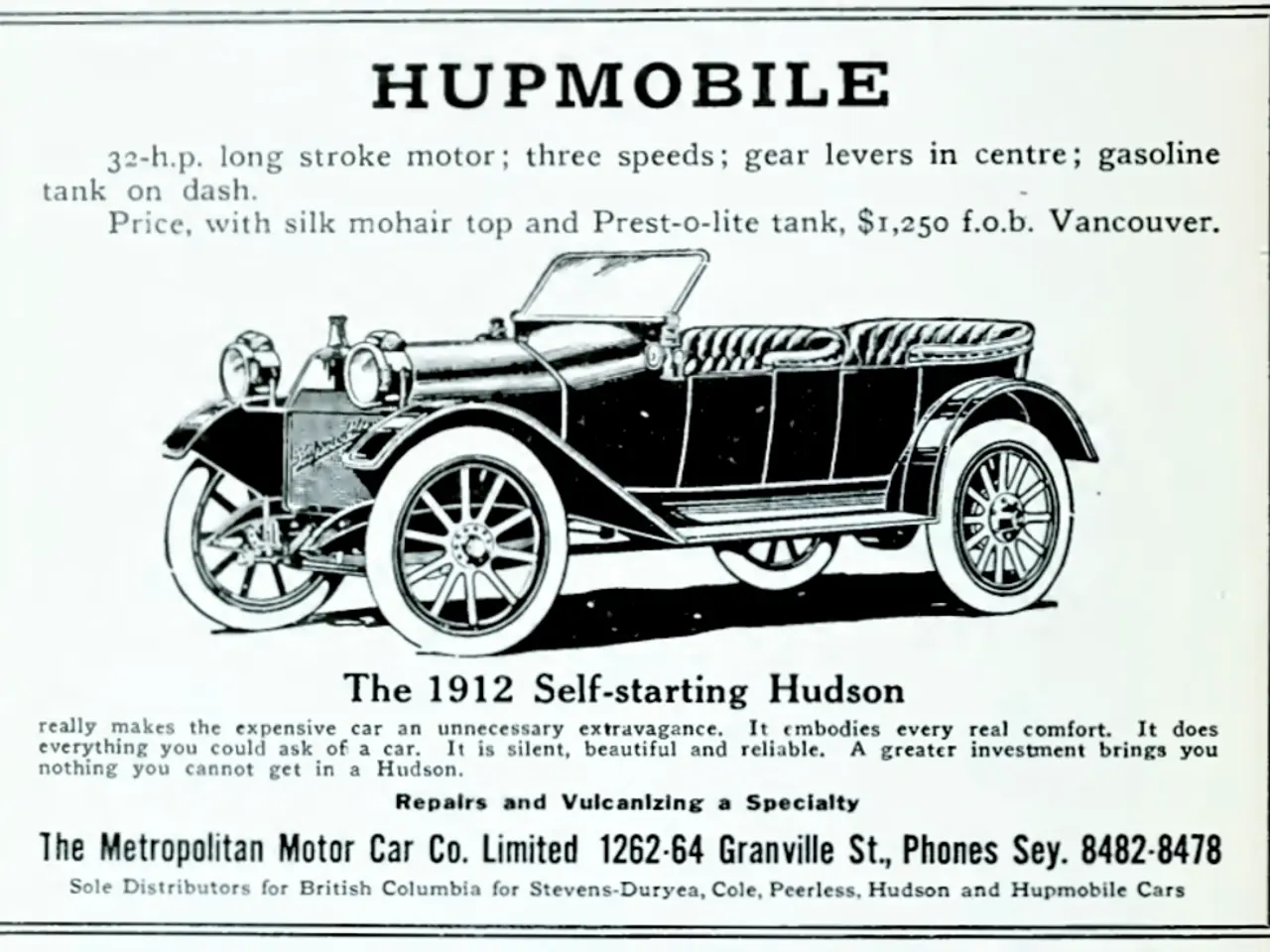Electric Vehicles (EVs) are seeing a surge in popularity, bridging the gap between owners associated with the two dominant political parties, blue and red.
EV Ownership Shows Broadening Interest Across Political Spectrum, According to AutoPacific's 2024 Study
A recent study by the automotive research and consulting firm, AutoPacific, offers insights into the changing landscape of electric vehicle (EV) ownership. The 2024 EV Consumer Insights Study, conducted by the Long Beach, California-based company, suggests that as EVs become more accessible and varied, interest is growing across the political spectrum.
The study surveyed over 12,000 EV owners, potential buyers, and those who reject EVs. Deborah Grieb, AutoPacific's Director of Marketing and Consumer Insights, stated that the findings indicate a broadening interest in EVs, with practical concerns, not political affiliation, being the primary reasons for EV rejection.
Interestingly, the study found that while early EV adopters skewed left politically, this trend is shifting. Just 46% of those considering an EV purchase identify as Democrat, compared to 54% of current EV owners. Among future EV buyers, 28% lean Republican and 24% align with independent or third-party views. This suggests a narrowing political divide in EV ownership as these vehicles become more mainstream and affordable.
Among plug-in hybrid owners, 60% lean Democrat, but 26% lean Republican. Among EV skeptics who cited political beliefs as a reason for avoiding EVs, 62% identify as Republican, and 13% as Democrat. The cost of EVs and limited charging infrastructure were far more significant concerns for the majority of EV skeptics.
Tesla CEO Elon Musk's influence could further reshape the political dimensions of EV adoption, as he continues to voice support for the GOP. Looking toward the 2024 presidential election, consumer attitudes toward EVs are likely to continue evolving, especially among right-leaning buyers.
The 2024 EV Consumer Insights Study is a valuable resource for manufacturers, marketers, and suppliers, offering key insights into consumer attitudes and trends around electric vehicle adoption. As the EV market continues to grow, understanding these patterns will be crucial for shaping future strategies and products.
- The 2024 EV Consumer Insights Study reveals a significant shift in political alignment among electric vehicle (EV) owners, with future buyers showing a more balanced distribution across Democratic, Republican, and independent or third-party views.
- As the EV market expands and evolves, understanding the political dynamics involved in its adoption is crucial for manufacturers, marketers, and suppliers, given the changing political landscape amongst potential buyers, as indicated by the 2024 EV Consumer Insights Study.




